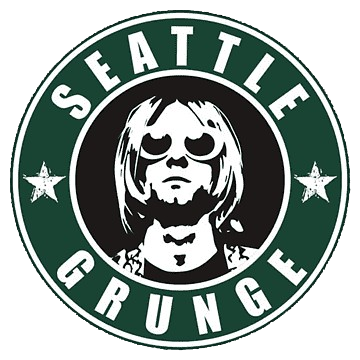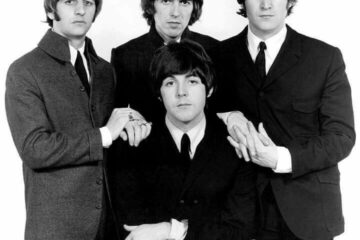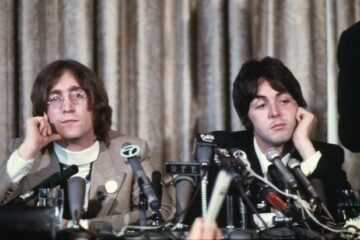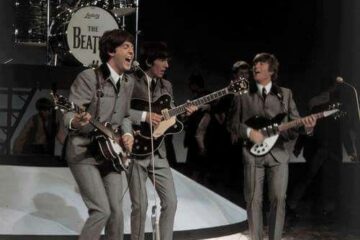All good things must come to an end, and The Beatles were no exception. As the 1960s drew to a close, the band were falling apart behind the scenes. John Lennon had found a new creative partner in Yoko Ono. The death of Brian Epstein had left a hole in the band. And Paul McCartney, while looking to keep the band together, was simultaneously pushing them apart with his attempts to dominate.
By 1970, the issues became insurmountable, and the Fab Four decided to go their separate ways. They would each embark on solo careers and would never all work or perform together as the Beatles again, but that didn’t mean that the idea hadn’t crossed their minds. In fact, McCartney has suggested that there were discussions about getting the band back together in the years that followed.
“There was talk of re-forming the Beatles a couple of times,” he told Rolling Stone back in 2012. “But it didn’t jell, there was not enough passion behind the idea. There was more passion behind retiring the Beatles than there was about re-forming.” The band were also conscious that, with one wrong move, they could rewrite their legacy as one of the greatest bands of all time.
“It could have been so wrong that it spoiled the whole idea of the Beatles,” McCartney suggested, “so wrong that they’d be like, ‘Oh, my god, they weren’t any good’.” Each time the conversation came up, it seemed that at least one Beatle would disagree with the idea, and this was always honoured. McCartney described the band as the “ultimate democracy”.
This phrase characterised the band’s relations with one another during their time together, as well as after their break-up. If one band member didn’t think it was the right time to reform, they didn’t, and this was a process that they had also applied to their songwriting. “If one of us didn’t like a tune, we didn’t play it,” McCartney explained, “We had some very close shaves.”
One such close shave was ‘Maxwell’s Silver Hammer’, which appeared on the band’s iconic 1969 album Abbey Road. McCartney penned the song, and was met with disapproval from his bandmates, but the song still made it into the studio and onto the record. Sitting between the gorgeous ‘Something’ and the effortlessly cool ‘Oh! Darling’, it’s easy to see why the band weren’t so sure about ‘Maxwell’s Silver Hammer’.
The tune featured a bouncy bass and a Moog synth, over which McCartney told the tale of murderer Maxwell, who kills his victims with a silver hammer. “Bang, bang, Maxwell’s silver hammer came down on her head,” he sings in the chorus, “Bang, bang, Maxwell’s silver hammer made sure that she was dead.” It’s not quite the kind of classic songwriting that spawned hits like ‘Something’ and ‘Here Comes the Sun’.
The clunky lyrics and silly music hall style have led ‘Maxwell’s Silver Hammer’ to be considered amongst the Beatles’ worst offerings, alongside the likes of ‘Ob-La-Di, Ob-La-Da’ and ‘Rocky Racoon’. McCartney’s bandmates seemed to know that it wasn’t their best work at the time and voiced their discontent, yet their disagreements about the song were brushed aside as it still appeared on the final cut of Abbey Road.
Perhaps this was an example of that “ultimate democracy” falling apart in the later years of McCartney’s growing creative dominance and the disagreements bubbling beneath the surface. Abbey Road may have benefitted from the band sticking to the rule of, “If one of us didn’t like a tune, we didn’t play it.”




